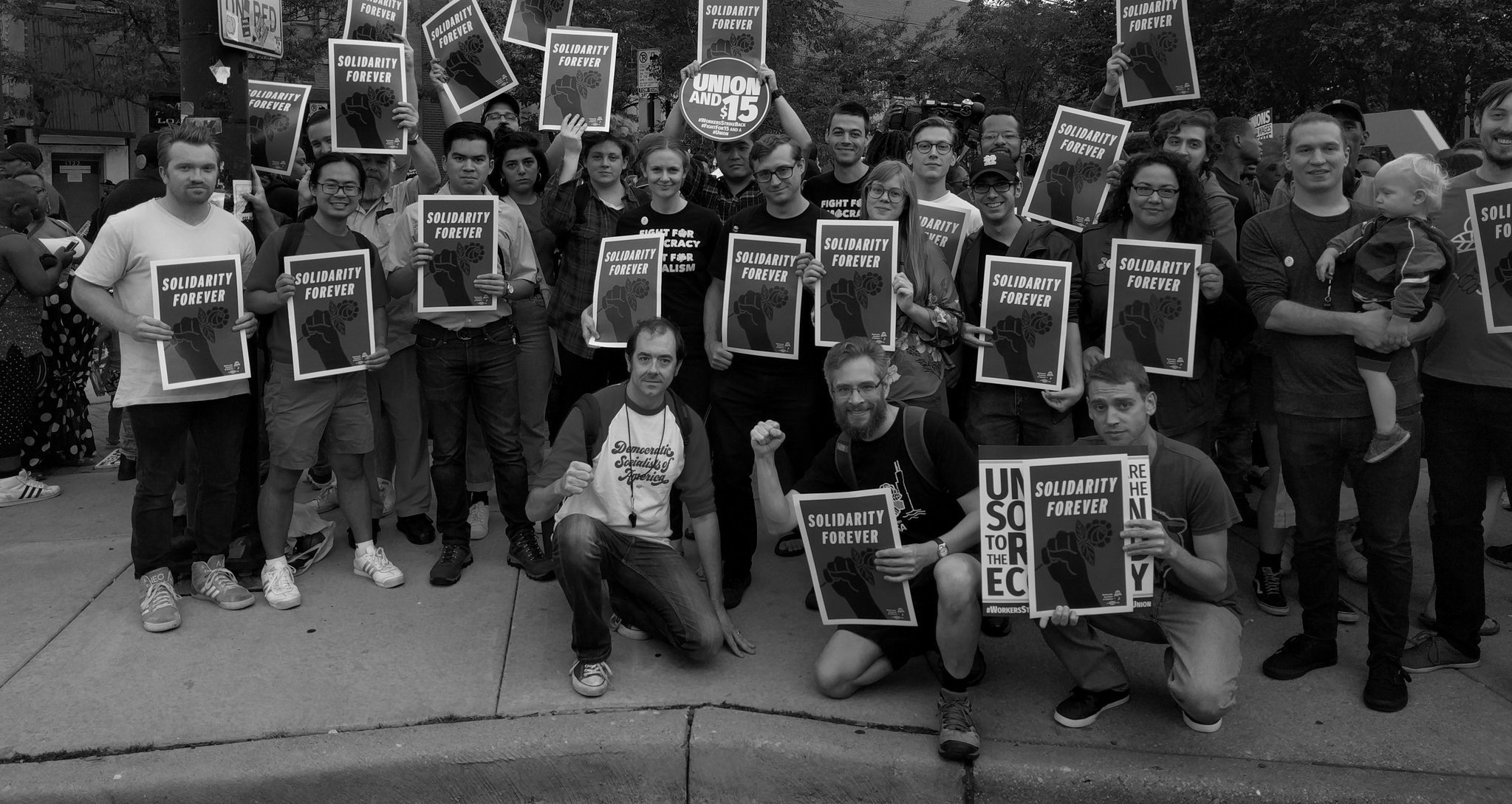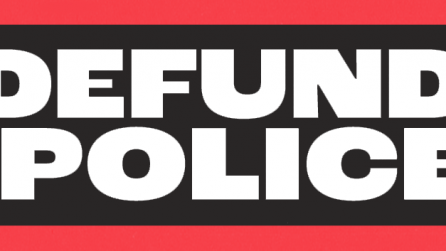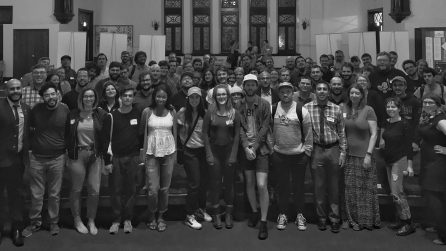Rather than supplementing financial insecurity in our downtime, as part of the so-called “sharing” economy, we could choose shared ownership of the economy. But what exactly is meant by a “shared” economy? And is it really our choice?
To earn enough money, or just a little extra, we rent our cars like temp taxi drivers. We share our homes, as if they’re temporary hotels. We might rent out our bikes, or even our washing machines. This is the “sharing” economy, or “gig” economy, that we are becoming so familiar with.
While it is part of human nature to want to help and share, it’s difficult to imagine that we’d have so many Uber drivers and AirBnB hosts if so many of us weren’t so strapped for cash.
Why do we do it? The truth is that the sharing economy is built on desperation and precarity. We could share based on need, or if we wanted to—but what we call our “sharing” economy is more because we have to. Simply put, we need the money. So we rent ourselves, and our stuff, to get it.
The CEOs get rich, while we get by. But it shouldn’t be like this. It doesn’t have to be.
In the modern era—in which there is easily enough to provide for all—we remain desperate and precarious. The reason why is that the economy is not really shared. Instead, it is owned and controlled by a small fraction of us.
These people typically don’t have our best interests in mind. It’s not necessarily because they’re “bad” people. It’s because, simply, they put their interests before ours. Thus, most of us end up getting the short end of the stick.
If we don’t already have wealth, or the means to acquire “capital” and start our own business (and succeed), we have to sell our labor and rent our stuff to get by.
Despite what libertarians may believe, it is not simply “the market” of our wants and needs that creates the economy—with the government only “interfering” to “distort the market.” Our political and economic systems are intertwined and inseparable. The government creates and defends the market, in various ways, and the ones making decisions about the fundamental structure of the economy are not the people of the United States.
Mere consumers in America have been given the impression that our demands determine what is produced and which products and services go to whom. But the truth is that production and distribution of wealth are determined more by who owns the capital—and who sets the rules of the economic game.
Even in capitalism, consumers do not determine, for the most part, how the economy is structured. Property law and finance law, hardly created “democratically,” decide who will gain (and maintain) control of the resources. Law created largely by and for the most powerful capitalists consistently protects those capitalists—far more than they serve the rest of us.
On a lower level than that—but higher level than the rest of us—there exist bosses and managers who hire and fire us. This largely determines who will have a job and who won’t; who will get paid and who won’t.
But who made them the bosses and managers? It was certainly not just divine providence. And if it was simply according to “hard work,” then many hard workers in America would be much more rich and powerful than they are. Many bosses and managers, on the other hand, would be much poorer and less powerful—because bosses and managers don’t always work that hard.
It seems like a big idea to change the rules of the economy, and it is. But think about what it would mean to share the factories, the machinery, and the resources? To write the “rules” democratically?
This, as opposed to just renting ourselves and our things in return for a wage.
Indeed, many people have already thought about this idea for a long while. Proportionally small groups in the United States, and slightly larger groups elsewhere, maintain this general idea as their core economic philosophy. It is called… socialism.
In the United States, we have been conditioned to believe that socialism is “whatever the government does.” And logically, the more stuff it does, the more socialist it is. But that is not an accurate concept of socialism. The real meaning of socialism—which capitalists don’t want you to know—is “shared power.” It is a shared economy.
Socialism does not mean being forced to share your home or your car. Even the communists are not coming to take away your toothbrush, despite what their dank memes insist. In fact, in the capitalist “sharing” economy, a great many of us feel we must share our personal stuff and personal space in order to pay our bills.
That’s because we don’t have what we need in the first place. What we were told to fear about socialism and communism has largely come true under capitalism: mass inequality, dwindling access to necessities, and the erosion of civil liberties.
In a “shared” economy, however, we wouldn’t have to rent out our personal homes and vehicles. This is because socialists recognize a difference between personal and private property. But it’s also because, in the modern era, when there are enough resources for everyone to have what they need (and more), we wouldn’t be such a precarious position in the first place if these resources were controlled and distributed more democratically.
As part of a democratized economy, socialists wish to de-commodify and guarantee necessities, such as a housing, education, medical care, and even food.
This is much more likely to happen when there is a more shared ownership of our society—when we have political and economic democracy. That means the decisions will be made by the people they impact.
What a shared economy means is that this Earth belongs to all of us. There is no “natural” right for the rich and powerful to have yachts and five mansions while the rest of us are compelled to rent our tiny apartments and Honda Civics.
It wouldn’t be that way if we shared the wealth for real.
As for how to get there: well that’s the question now, isn’t it?
Some would say that with climate change on the horizon, this is not just a good idea, but a necessary one. We must organize to make this world possible. The Democratic Socialists of America might be a good place to start.
This article also appeared in DSA’s Democratic Left.




